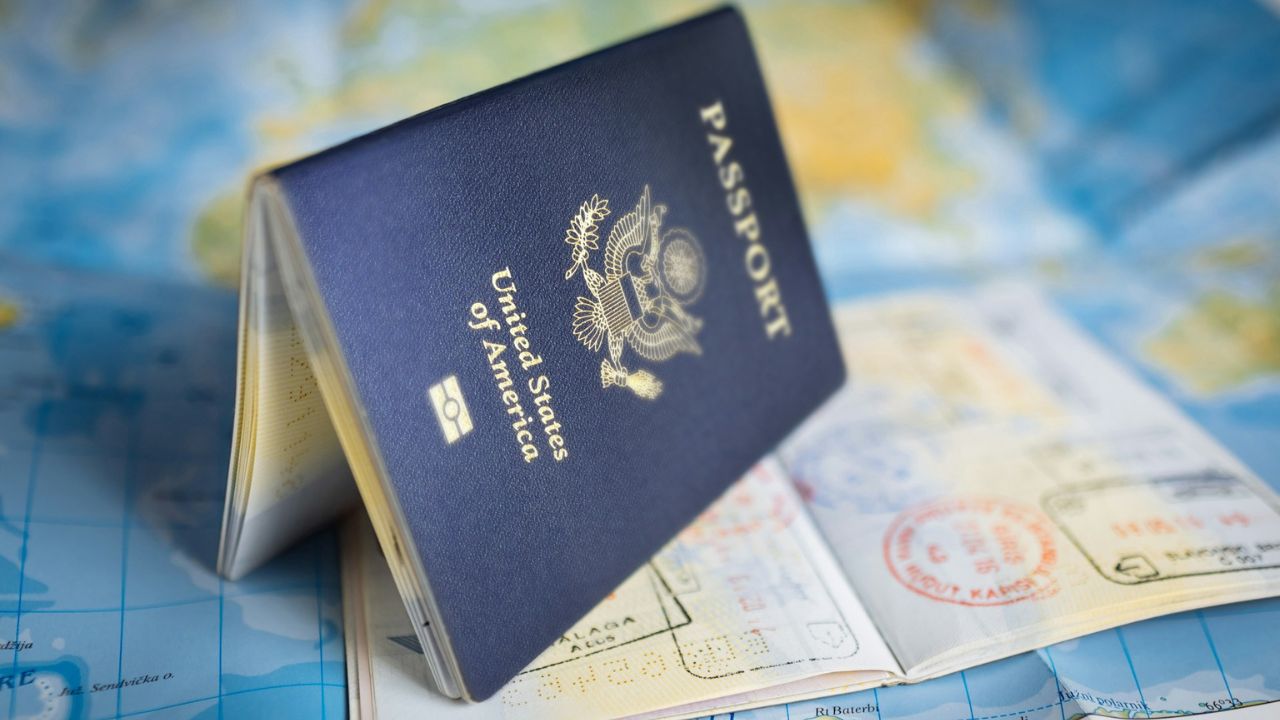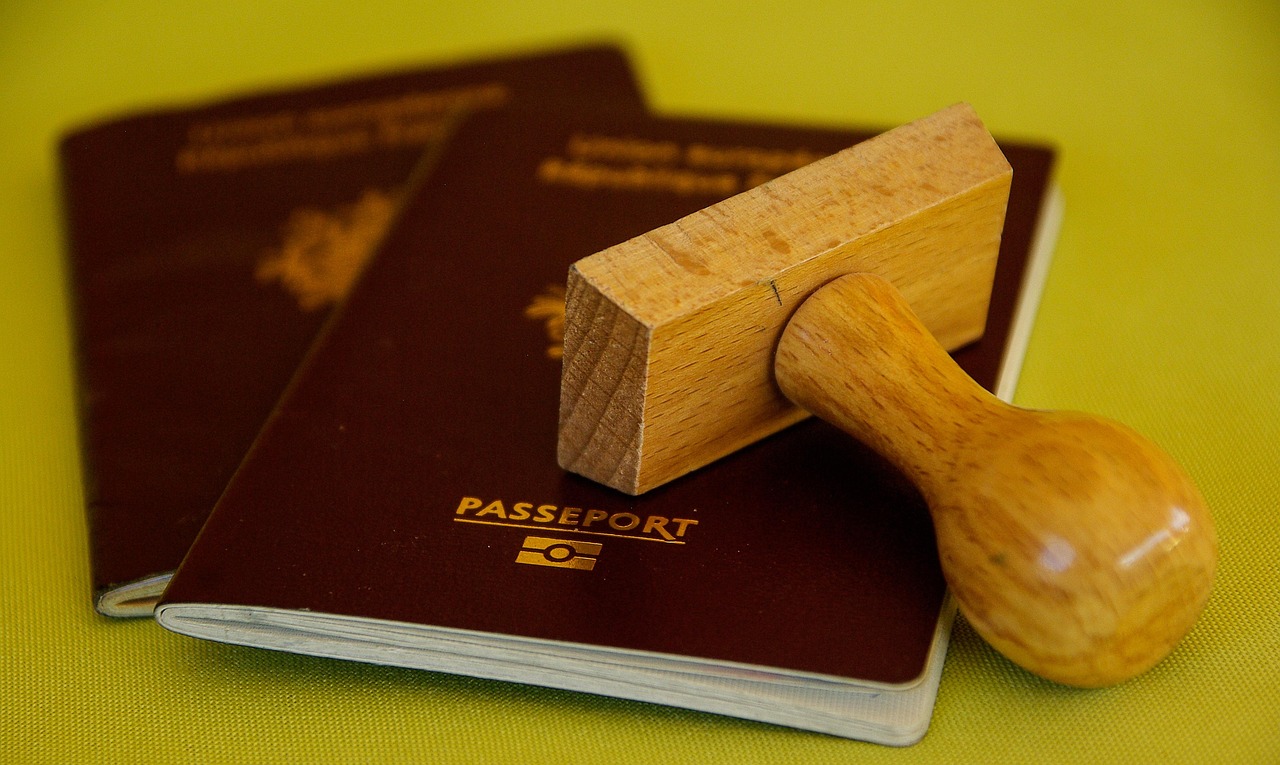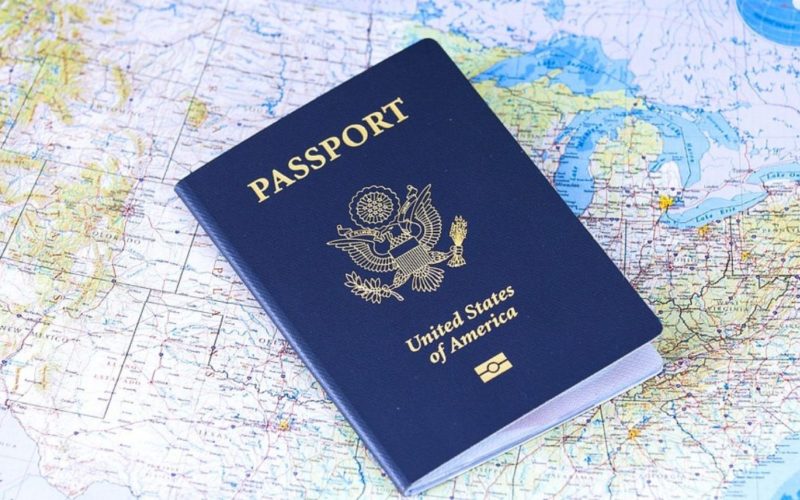An American passport once felt like a master key. Visa waivers covered most of the map, and the blue booklet rarely met a closed door. That comfort came from a simple count of places that waved you through without asking for paperwork first. The memory of that ease still lingers.
Here’s the thing. The math moved. The United States now sits around 12th on the Henley Passport Index, a list built from IATA visa data. Singapore leads the table, with South Korea and Japan close behind. The change is not dramatic exile. It is added friction that shows up when you try to book fast.
Understanding The Ranking Shift

The index measures convenience, not status. It tallies destinations that admit you without a prearranged visa, then ranks passports by that number. On that score alone, the United States trails leaders by a narrow margin. It still opens most doors, just with a few more knocks.
Americans retain visa-free or visa-on-arrival access to roughly 180 places, thirteen fewer than the top passport. That gap is noticeable on paper and minor on most itineraries. The story becomes real when a visa waiver turns into an application, a fee, and a waiting period. One or two changes rarely bite; several in a year do.
What The Index Measures And What It Misses
The Henley method is intentionally blunt. It counts waived visas and stops there. That clarity makes the list easy to understand and easy to misread. It captures a slice of freedom, not the whole pie of mobility.
Two short points, then. First, many visas are routine once you apply, so the lived difference can be small. Second, study, work, or residency rights sit outside this index, yet those are what matter if you plan a longer move.
For travelers who hop borders often, a lost waiver adds time and uncertainty. For everyone else, it is a minor paperwork chore. Either way, the score shifts when policies change.
Where Visa-Free Access Tightened

A Henley spokesperson flagged the drivers this year. Six countries ended visa-free entry for Americans: Brazil, Burkina Faso, Mauritania, Somalia, Pakistan, and Myanmar. Each move is narrow on its own and material in aggregate. The index drops because the count drops.
None of these closures bars entry; they insert an application step. Add lead time, budget a fee, and keep proof of funds and itineraries handy. Rankings react to policy edges. Travelers feel the edges in planning.
Plan B Momentum And Politics

Interest in backup options tends to spike around elections. CS Global Partners reported a ninefold surge in U.S. traffic the night before last November’s vote. That is not proof of migration. It is proof of attention and anxiety. People search when stakes feel high.
Short context. Celebrities like Rosie O’Donnell and Ellen DeGeneres moving abroad keep the conversation loud. After every contentious race, threats to decamp resurface. In 1960 Art Buchwald joked about Canada bracing for Nixon supporters; in 2008 and 2012 critics said they’d leave after Obama. Ritual talk meets practical planning.
Reliable data is thin. The Association of Americans Resident Overseas estimates about 5.5 million citizens live abroad, a stock number that does not show current flows. One figure is visible in real time: expatriations, the formal act of giving up U.S. citizenship, published in the Federal Register. Those counts have risen but remain small, often just a few hundred a month.
Getting A Second Passport: Routes And Tradeoffs

Most people do not want a dramatic break. They want options. Ancestry claims through places like Ireland or Italy are paperwork heavy and relatively affordable. Investment routes are faster and expensive, with thresholds that shift by country and year. In the European Union, Greece and Italy have paths that start near 250,000 euros, about 300,000 dollars, while some, like Latvia historically, have been cheaper.
Rules evolve. Legislatures tighten categories, update due diligence, and pause programs. Advisors such as Henley and CS Global track the moving parts, but the choice is personal. Balance timelines, taxes, and geopolitics, not just headline price.
Practical Takeaways For Travelers Now
Day to day travel still works. Expect a few more pre-trip forms for specific destinations and build in processing time. Keep scans of passports, bank statements, and itineraries ready to go. The difference is planning, not possibility.
If you are weighing dual citizenship, name your goal first. Faster travel, residency rights, tax planning, or peace of mind will dictate the route. Ancestry is slow and cheap. Investment is quick and costly. Either way, patience, clean paperwork, and background checks are the real currency.


